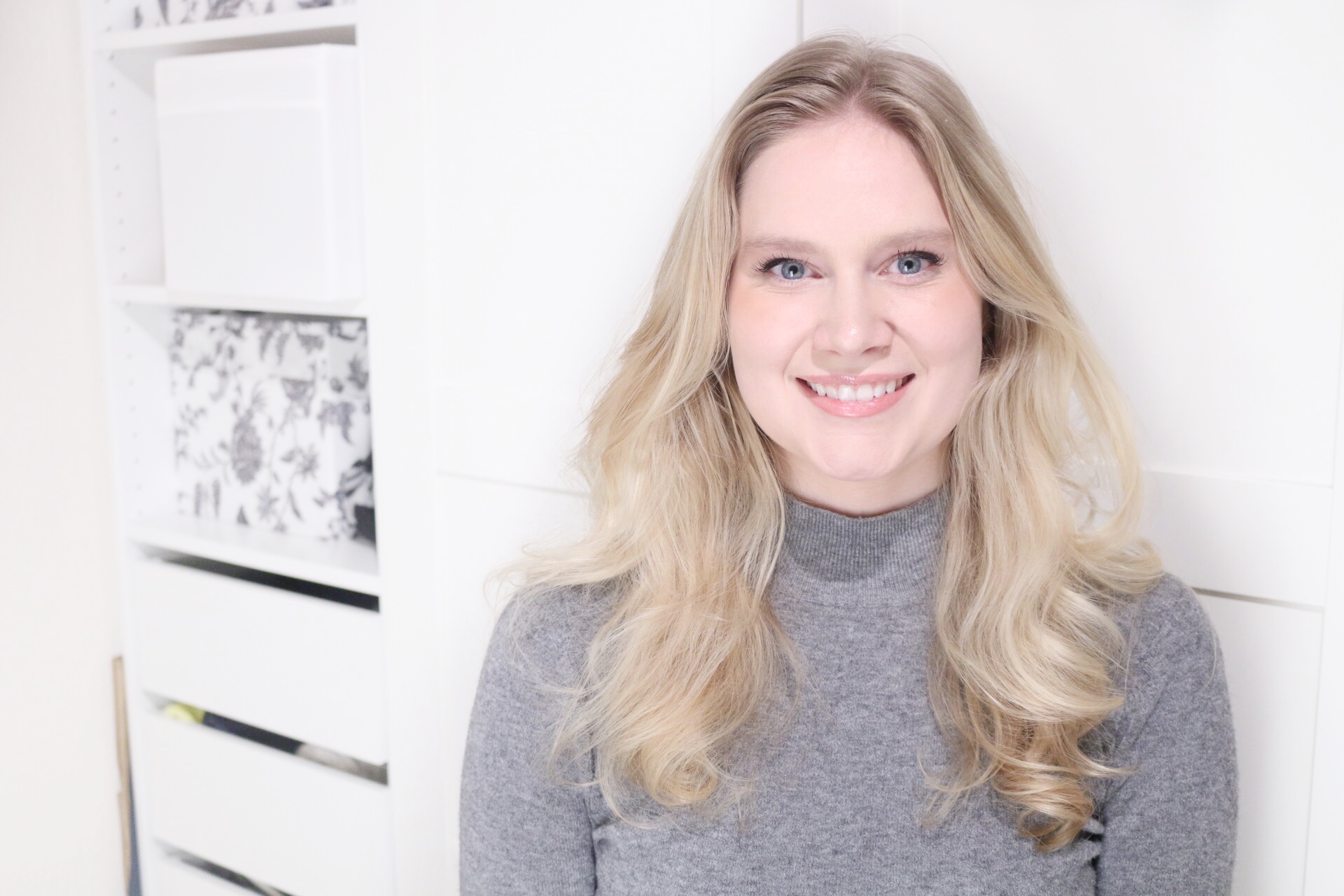Minimalism and Taking it Slow
December 14, 2016

For a while now I have been working on decluttering and simplifying my life and my possessions. I mentioned in one of my other posts that minimalism is more of a journey rather than a destination, and I hold onto that belief wholeheartedly. Since minimalism is more of a journey- a way and a perspective through which one choses to view and live their life- it is truly a change and a lifestyle that takes time to adjust to.
I have had to remind myself of this lately as I have pushed against the urge to completely purge my apartment clean over the course of a weekend or week. Often when I am inspired by an idea or a way of life I obsess over it and I want to perfect it efficiently and as quickly as possible. Although speed and efficiency are not wholly negative, truly the best things in life take time, dedication, patience, and consistency, and those are all qualities that can not be rushed.
Last week I decluttered my make-up collection as well as my closet for the third time in the past year, and I realized that although it may still not be as minimal as I would like for it to be, I am making steady progress. As I mentioned above, it is so incredibly tempting to set aside a short period of time to completely declutter everything I own, but I see a few problems with this, and those problems are what I would like to discuss in this post.
Firstly, minimalism does not work from the outside in. Minimalism is a way of thinking through which we are led to reevaluate our lives and thereby realize where our true happiness comes from. Although some items in our lives might spark joy within us, most of the time true and lasting happiness is not found in materialism. Equally so, true and lasting happiness also does not simply grow out of a lack of material belongings.
Simply getting rid of things is not going to rewire your brain into taking on a completely new and different perspective, so if you move ahead too quickly while decluttering and minimizing you may not be allowing your mentality to catch up, and in that case a rebound is almost always unavoidable. If you truly want to make a change, then that change must be internal as well as external, and the mind must be synched with the body. This kind of change does not happen overnight. It takes time to synch the mind with the body, but when we take that time the results will also be longer lasting. When we take our time to really truly adapt to a different way of life, then the change will be more thorough and therefore more permanent.
Additionally, although it may feel incredibly efficient to do so, setting aside a short weekend or week to declutter everything we own might lead to declutterer’s-remorse. In the same way that we sometimes might regret something that we buy on impulse, regretting getting rid of something on impulse is also a problem. If you decide to get rid of all of your sweaters and then realize when winter comes around that you have no warm clothes and need to go buy a set of sweaters, then getting rid of all of them in the first place might not have been the most time or cost-efficient way. Besides, there might be some things that initially you thought you couldn’t use or didn’t need anymore, but on second thought you might have found a different but useful purpose for it. For example, if you wanted to get rid of a few empty boxes, but then discover a few days later that you need a set of boxes to organize your under-the-bed-drawer. Instead of going out and buying new boxes you can use the ones you already own.
Now, I am not suggesting that you hold on to hundreds of pointless items in the hopes or with the expectation that you might be able to use them for something, sometime in the future, but decluttering slowly will at least help you avoid getting rid of too many things and then regretting it later or finding that you got rid of something that you actually needed or that you really loved, but in a moment of impulse decided to get rid of.
In the end the rate at which you declutter your home and your life is so incredibly personal, and it is important to find a balance that feels exactly right for you. You don’t want to go so slowly that progress is almost completely undetectable since this also usually results in a lack of motivation, but neither would you want to go so quickly that none of your changes have time to engrain themselves in your life and become more permanent and long-lasting.
It is impossible for me to name a perfect number of days, months or years within which optimal decluttering and minimizing could take place, and neither is that my purpose for writing this post. I simply hope to have re-assured you that if your complete decluttering and minimizing is not finished over the course of a weekend, a week, or even a few weeks, don’t despair because you are probably doing it right.
https://www.youtube.com/watch?v=qOgoR2DcNSM
Don’t forget to sign up using your e-mail below for more posts like this one, and check out my YouTube and Instagram as well!
[mc4wp_form id=”35″]